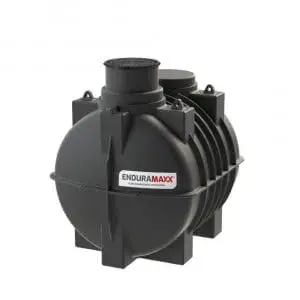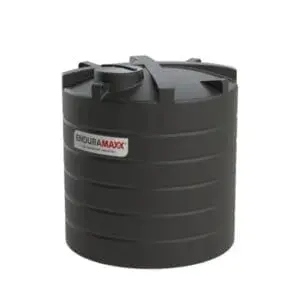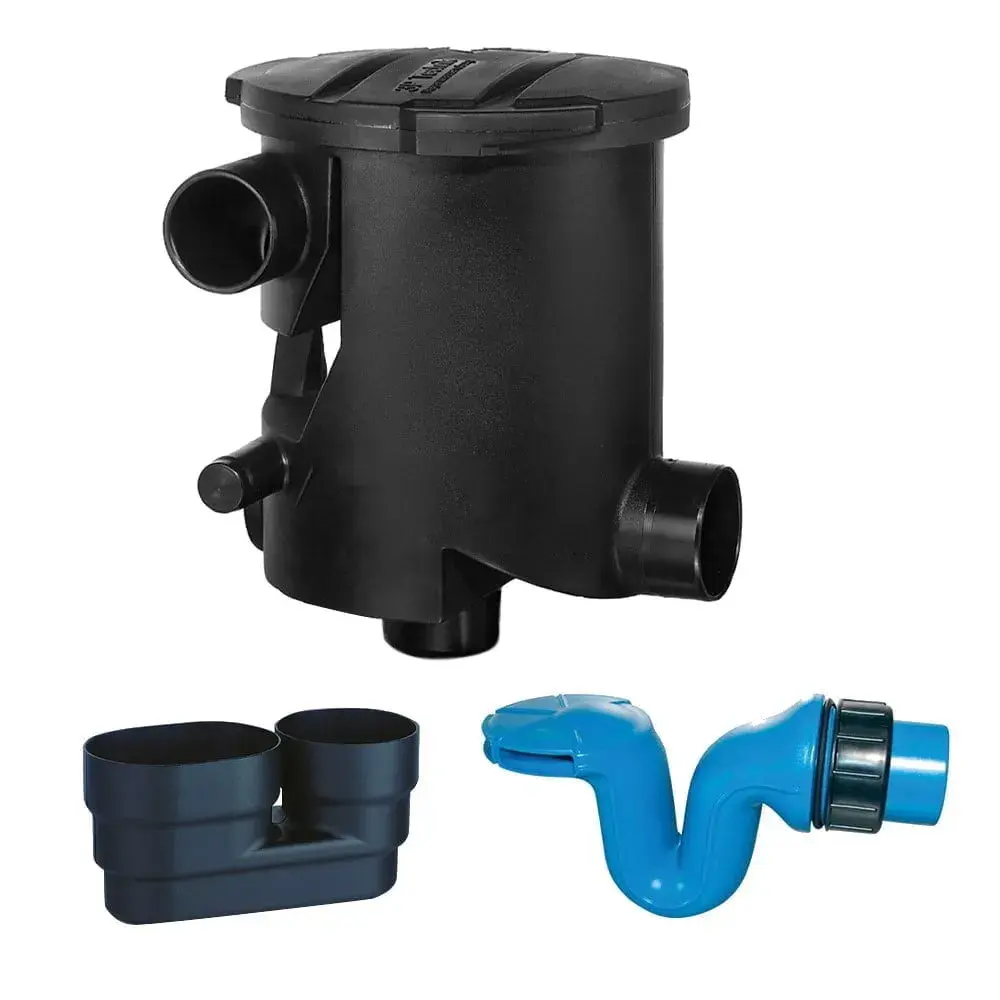Vegetable Wastewater Processing & Treatment Tanks are involved in many of the typical wastewater processes in vegetable and food processing. Wastewater is produced from washing and rinsing, sorting, in-plant fluid transport methods, peeling, juicing, canning, drying, cooking and clean-up. Most of the waste container is biodegradable carbohydrates, silt/sand from washing, with brining of products a contributor for salts.
Vegetable Wastewater from Washing
Water for washing produce is probably the largest single source of wastewater in fruit and vegetable processing operations. Tremendous amounts of water for washing product are produced daily which requires storage bulk tanks. Conical tanks are generally the preferred method of storage as these enable easier cleaning and desilting of the vessel. Maintaining sanitary conditions for food processing, food peeling, stemming, pitting, coring, and cutting all require a lot of water. Transporting fruit and vegetable product via water flumes further contribute to the wastewater stream, and residual product can enter wastewater at nearly every step of the process.
Wash Water Sources in Vegetable Processing
Wash water from fruit and vegetable processing equipment and CIP washing systems generate wastewater containing cleaning chemical that needs treatment before discharge or reuse.
The rising costs of water disposal have driven a lot of improvements and with dirty water often containing 90-95% water, there are a lot of savings which can be achieved not only by cleaning this water and reusing but on the 5-10% sludge content which is left after dewatering.
Vegetable Washwater Sludge Treatment
Sludge requires treatment & dewatering into a dry and porous for disposal. This process goes through several stages before being able to be disposed of on in this way.
- Collection & storage
- Screening and Straining
- Chemicals for Coagulation and Flocculation
- Sedimentation and Clarification
- Filtration
- Disinfection
- Storage for reuse or disposal
- Distribution either through the processes of collection for disposal
Throughout the processes, from the stage wastewater in holding tanks, through to the preliminary treatment of wastewater in which separation of solids and large particles, coagulation-flocculation, and sedimentation in which the colloidal particles in the wastewater are grouped into larger particles called flocs, storage tanks and mixer tanks are required for the wastewater and the chemical used to treat it.
The ranges of tanks we manufacture for use in processes:
- Blending and buffer tank
- Clarification tanks
- Sludge tanks
- Sludge dewatering tanks
- Aeration tanks
- Flocculation tanks
- Bulk chemical tanks and dosing tanks
- Polymers make up tanks
- Mixer Tank
Enduramaxx Vegetable Wastewater Processing & Treatment Tanks
Although Enduramaxx does not get install water processing & treatment tanks, we work closely with installers and water treatment companies customising with flanges, pipework, mixers, and bunds. From 50-litre dosing tanks to 30,000-litre sludge tanks, we are sure we can help with your next project. For more details on these please get in touch today.
Posts By Topics
- Blog (303)
- Chemical Storage Tanks (118)
- Chemical Dosing Tanks (114)
- Chemical Tanks (114)
- Water Tanks (58)
- Rainwater Harvesting Tanks (43)
- Vertical Rainwater Tanks (31)
- Vertical Storage Tanks (31)
- Cone Bottom Tanks (19)
- Conical Cone Tanks (18)
- Rainwater Harvesting (17)
- Water Bowsers (15)
- Horizontal Tanks (14)
- Potable Water Tanks (13)
- Farming (9)
- Case Studies (8)
- Industrial Storage Tanks (7)
- Liquid Fertilser Storage Tanks (6)
- WRAS Approved Potable Tanks (6)
- Wine and Beer Production (6)
- Horizontal Transport Tanks (5)
- Microbrewery (5)
- Rainwater (5)
- Category 5 Break Tanks (4)
- Cider Production (4)
- Mixer Tanks (4)
- Molasses Tanks (4)
- Polyethylene tanks (4)
- Rainwater Filter Kits (4)
- SPECIALIST & BESPOKE TANKS (4)
- Bunded Tanks (3)
- Slimline Tanks (3)
- WRAS Approved (3)
- Clarification Tanks (2)
- Crosslinked Polymer Tanks (XLPE) (2)
- Fertiliser Tanks (2)
- Sump Tanks (2)
- Tank Installation (2)
- Water Butt (2)
- underground water tanks (2)
- ACCESSORIES & FITTINGS (1)
- ATV & UTV SPRAYING UNITS (1)
- Above Ground Effluent Tanks (1)
- Bespoke Tank Frames (1)
- Category 5 Turret (1)
- Caustic Soda Tanks (1)
- Closed Top Bunded Tanks (1)
- Craft beer (1)
- Effluent Tanks (1)
- Enduramaxx (1)
- Ferric Chloride Tanks (1)
- Fire Safety Regulations (1)
- Fire Sprinkler Water Storage Tanks (1)
- Industrial Water Tank (1)
- Open Top Bunded Tanks (1)
- Open Top Cone Tanks (1)
- Open Top Vertical Tanks (1)
- Polyethylene Potable Water Tanks (1)
- Polyvinylidene Fluoride (PVDF) Tanks (1)
- Polyvinylidene Fluoride Tanks (PVDF) (1)
- Pressure Washers (1)
- Pro Series Spot Sprayers (1)
- RWH (1)
- Sodium Hydroxide Storage Tanks (1)
- Sprayer Fill-up Tanks (1)
- Uncategorised (1)
- liquid fertiliser tank (1)
Sign up to the newsletter
enduramaxx.marketing
Related Posts
75m3 Wastewater Tank for Lettuce Washing Plant - Enduramaxx
75m3 Wastewater Tank for Lettuce Washing Plant 75m3 Wastewater Tank for Lettuce Washing Plant...
Storing Agricultural Wastewater Safely: Enduramaxx Storage Tanks
Farming is often classed as a somewhat ‘thirsty’ industry sector, from livestock to dairy...
Why Conical Water & Wastewater Treatment Tanks?
Conical water & wastewater treatment tanks are at the centre of clean water storage and wastewater...
Related Products
From £1,080.00 inc. VAT
£900.00 exc. VAT
From £1,344.00 inc. VAT
£1,120.00 exc. VAT
From £768.00 inc. VAT
£640.00 exc. VAT
£480.00 inc. VAT
£400.00 exc. VAT





